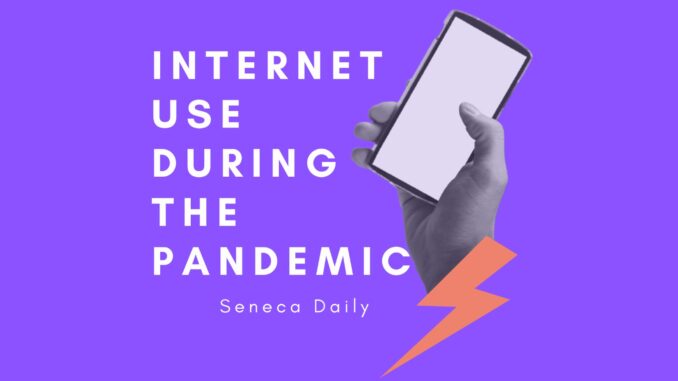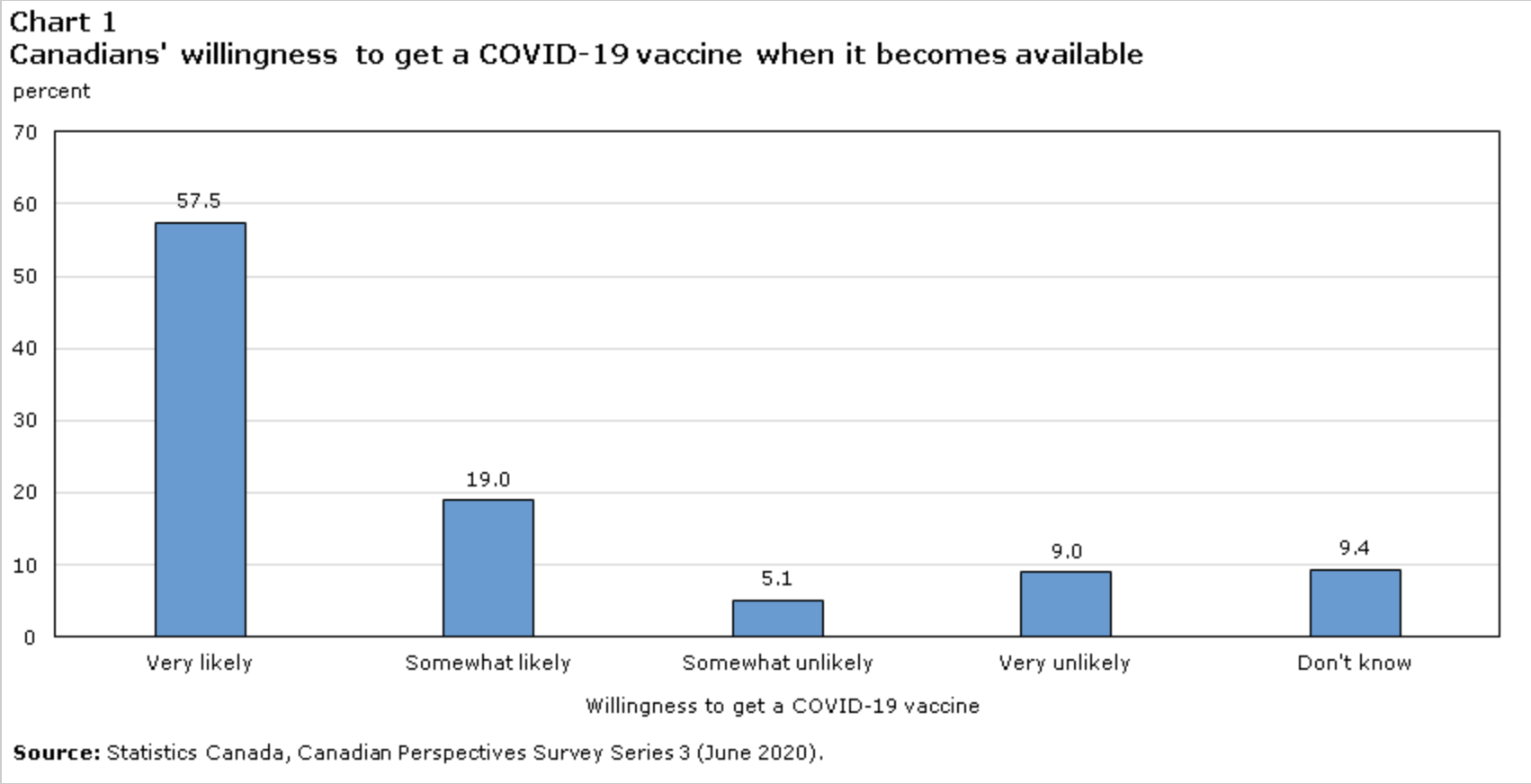
The virus changed the way we net.
There’s no doubt about it, the Coronavirus has changed our lives forever. It not only changed the way we clean, shop for groceries, work and spend time with friends and family, but it also changed the way we use the internet. With lockdowns in place and restaurants and places for social gathering closed, social media has come to the rescue for many. Netflix, Facebook, Instagram, YouTube, Twitter, you name it, we have turned to these platforms as a means to not only connect but to also entertain.
Canada’s active mobile social media usage currently stands at 96 percent and one platform that has seen a huge increase in usage is Facebook. During the pandemic, Facebook became the leading social media website, generating almost three times as many visits as its competitors YouTube, Twitter, Instagram and TikTok. In comparison to all other social media platforms, Facebook dominated.
It was also the most searched for social media platform.
“These numbers from Google Trends represent the ‘search interest’ on Google relative to the highest point on the chart for a selected region and time. A value of 100 is the peak popularity of the term, while a value of 50 means that the term is half as popular in relation to the 100.”
Spending more time online exposes users to misinformation.
Social media platforms are rapidly becoming a powerful tool for information regarding COVID-19. The presence of anti-vaccination propaganda has increased, often involving dangerous falsehoods about vaccines and other COVID related information. With vaccination against the virus at its height, social platforms like the ones above have stepped up their fight against misinformation that aims to undermine trust in vaccines.
Twitter, like many others, announced it will remove COVID and vaccine conspiracy theories and misleading information. But within the past year, it has only removed 8,400 tweets spreading COVID and vaccine related misinformation – a tiny portion of the plethora of pandemic-related deceit that’s present. YouTube said it removed more than 30,000 videos since October regarding false claims about COVID-19 vaccinations and Facebook announced its banning of ads that discourage vaccines and has added warning labels to more than 100 million pieces of COVID-19 content.
But there is hope, so far…
Vaccine hesitancy, defined as either a refusal or reluctance to be vaccinated, could have consequences for the implementation of the country’s vaccination strategy. Fortunately, according to a recent study by Statistics Canada, the majority of Canadians are likely to get a vaccine when it becomes available.
Still, anti-vaxxers have a foot in the door.
The online presence of anti-vaxxer groups can affect the willingness of Canadians to get the COVID-19 vaccine and efforts to crack down on vaccine misinformation are generating cries of censorship and pushing some posters to adopt sneaky tactics to avoid the penalty.
One such page, The Truth About Cancer, has more than a million Facebook followers and was identified as a “COVID-19 vaccine misinformation super spreader” by NewsGuard. The page has since stopped posting about vaccines and the virus and instead now directs people to sign up for its newsletter or visit its website.
While social media platforms have taken aggressive steps to eliminate the “fake news”, false COVID-19 information continues to pop up as anti-vaxxers become more creative in posting their content.
As a guide, always remember to view COVID-19 virus and vaccine-related information from trusted sites and health authorities.


Be the first to comment